Paul Von Hindenburg, the redoubtable German general once said “In war, only the simple succeeds.” Indeed, most “warlords” in today’s world—whether of the hue and ferocity of Vladimir Putin or Xi Jinping—should be reading history before entering battlespaces that they are not able to fathom in their war rooms. The non-comprehension of the essence of warfare has not only complicated battlegrounds of the present, but have altered graceful “thought manoeuvre” of combat into a tangled web of absurdity. To that end, convolution has been supplanting considerations where simplicity should have presided. It is no wonder, therefore, that conflicts of the present times are increasingly getting mired in needless expansion of theatres and distress. If only heed was paid to simple principles such as the application of the “Occam’s Razor” which decreed that “entities should not be multiplied beyond necessity” politicians would have instead been hailed as statesmen. However, when such wisdom spews forth from practitioners in the field who seek to bring their experience to enhance expedience then it must be said that all is not lost.

Jahara Matisek and Buddhika Jayamaha’s joint book “Old and New Battlespaces: Society, Military Power and War” has effortlessly added to the scare literature on modern-day warfare even as it surveys, reviews and accesses dog-eared pages of the past. The book demonstrates that the character of war is changing due to the transformation of governments, militaries, and societies from the Industrial Age to the Information Age. The authors, one a US Air Force Pilot and the other a former Sergeant in the US Army 82nd Airborne, illustrate that every citizen connected to the internet around the world is now a combatant as adversaries weaponize everything.
The book turns war into a unit of analysis. Writing about the “Future of Grand Strategy” as it pertains to the United States, the authors are of the opinion that “after decades of continuous conflict, the fact that the United States (was) unable (reviewer’s emphasis) to turn its tactical gains into strategic advantages is an illustration of how the disconnect between grand strategy and military strategy turns military efforts into an exercise in futility.” Showcasing the manner in which Operation Inherent Resolve played out, the authors are quite clear that while “United States played (a) defining role in defeating the Islamic State in Iraq and Syria (ISIS)”, it did “not (nest) the fight against ISIS in a broader strategic framework” choosing tactical expediency for strategy. With lens high on hindsight, Matisek and Jayamaha categorically state that “although the United States won that battle, its adversaries have gained the strategic advantage at America’s expense. America will not be able to afford such strategic profligacy as it enters an era of great power contestation. The United States encounters this strategic crisis just as it enters a transformed global environment.” The manner in which they foretell the future when they write that the United States “and its allies can no longer claim military, economic, and ideational hegemony” is not only sound prognosis but a warning call for a right thinking world that readies itself for an altogether different form of warfare in the near future.
Prescience and humility of such nature is rare, especially as it has sprung from military personnel of the United States. But not content with mere criticism the authors have provided correct prescription. Holding forth on war ethos they rightly surmise that “the doctrinal challenge is in accurately conceptualising the adversarial paradigm and outflanking adversaries’ conceptual flanks without compromising democratic principles.” As a matter of fact, they have even recommended that “the United States will have to carry a greater burden, but in doing so, it can gain space and depth vis-à-vis its adversaries. In sum, the United States will have to frame an offset strategy, where it is able to fight, win, and dominate across the full spectrum of the multi-domain operational environment.”
Matisek and Jayamaha must also be complimented for not only coining appealing phrases which showcases promise of not only attracting immense traction in the global strategic community, but also for the non-partisan manner in which they have sought to contribute to its relevance. Writing about “strategic narcissism”, the duo has been forthright about their comprehension of lateral thinking in policy. This is interesting because, in the opinion of the reviewer, the United States is at least one of the few countries in the world that have not only encouraged non-officialdom by way of domain specialisation openings into its policymaking circle but can actually—unlike countries such as India which still toys around with Indian Police Service personnel manning intelligence, analysis and output—boast of security czars of the likes of Henry Kissinger and Jake Sullivan. In any event, they write that the American “foreign policy experts have been criticised for elitism since the end of World War II...The complexity of foreign policy requires relying on subject matter experts. They are castigated as elites not because they are elites but because they have become an exclusivist epistemic community and are never held accountable. They can be consistently wrong yet manage to recycle themselves into each new administration. The strategic ramification of this exclusive epistemic community is that they become the conceptual and doctrinal gatekeepers. These are gatekeepers who refuse to question their assumptions and frames of references and balk at shifting the foreign policy paradigm no matter how wrong—for their paradigmatic positions have become articles of faith, not reason. Removing these obstacles to change overtime will be imperative if one is to shift the United States into a new strategic paradigm.” The extended quote was necessary not only because it is one of the several piece-de-resistance of the work, but because of the lesson this remarkable book imparts for shores beyond that of the United States and the clear, unambiguous call for course correction. New battlespaces have to be manned by a duality that oversees the truisms of the past and elegantly blends them into the challenges of the future. “Old and New Battlespaces” succeeds where most contemporary work of such nature has failed. Its exclusivity lies in its ability to rise over the mundane and the ease with which it enters the realm of the avant-garde.







